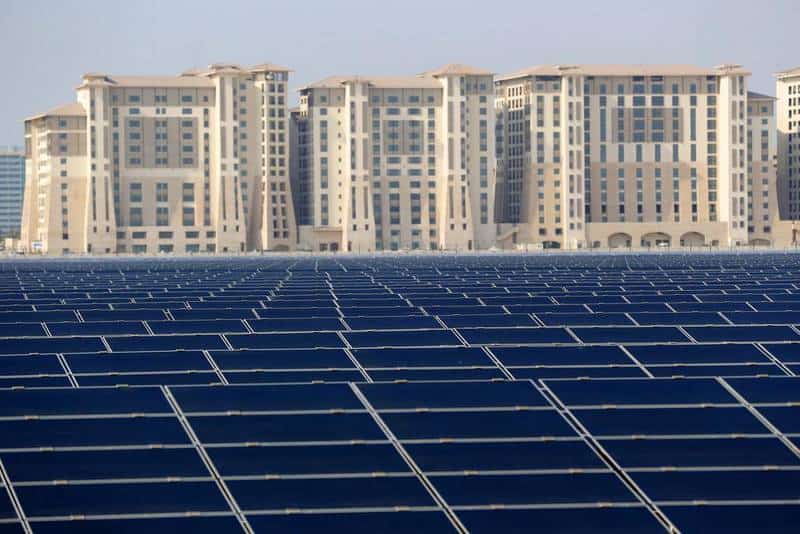Paris, France–The International Energy Agency on Thursday called on oil and gas companies to devote half of their investments to clean energy by 2030, urging them to face a “moment of truth” at next week’s COP28, the largest UN climate change conference ever held.
The IEA urged producers to make the “pivotal choice” between deepening the climate crisis or helping to limit global warming to +1.5C, in line with the Paris Agreement.
“In a pathway to reaching net zero emissions by mid-century, which is necessary to keep the goal of limiting global warming to 1.5°C within reach, oil and gas use would decline by more than 75% by 2050,” the IEA said in a special report.
While the oil and gas sector is responsible for more than half of global energy supply, it has been “a marginal force at best in transitioning to a clean energy system”, according to the report.
It estimated oil and gas companies currently account for one percent of clean energy investment globally.
To comply with the Paris Agreement, producers would have to devote 50 percent of their capital expenditure to clean energy projects by 2030, in addition to the sums required to reduce their own emissions.
“The oil and gas industry is facing a moment of truth at COP28 in Dubai. With the world suffering the impacts of a worsening climate crisis, continuing with business as usual is neither socially nor environmentally responsible,” said IEA Executive Director Fatih Birol, calling on the sector to “make profound decisions about their future place in the global energy sector”.

